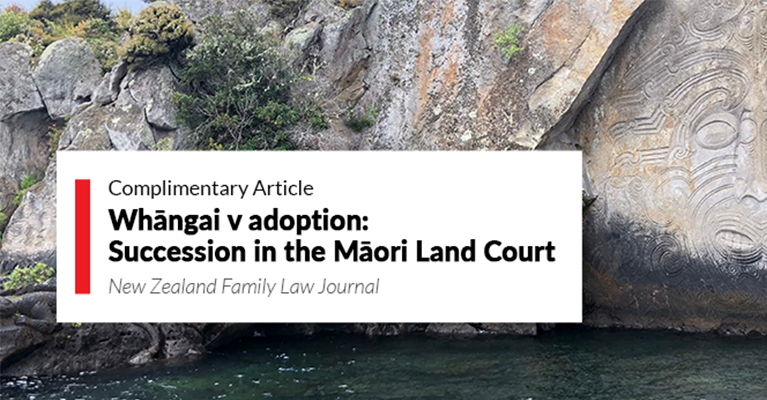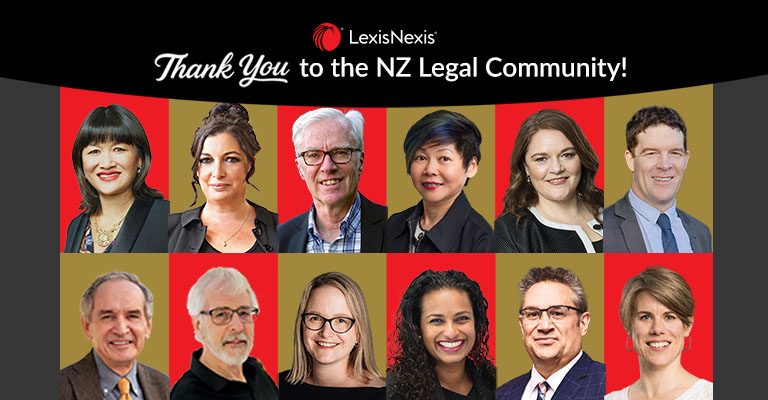Summary The year legal AI became real Voices shaping the profession A year worth remembering Contributors 2025 There's a curious phenomenon about how we experience time. When our days are...
Summary The problem with platform hopping How the models differ Security without compromise Beyond legal research The speed of adoption Originally published by NZ Lawyer . Republished...
Summary Introducing Protégé General AI General AI Models Available in Protégé for New Zealand Legal Workflows Practical Use Cases for Lawyers But as AI becomes more common in legal practice...
Summary The efficiency revolution Levelling the playing field Managing the transition carefully Specialised practice applications The evolution of legal service delivery Maintaining quality...
Summary The best in-house lawyers are pragmatic in a crisis Invest in your worst-case scenario In today’s fast-paced media environment, corporate crises demand swift, coordinated responses...

This article from the New Zealand Family Law Journal argues that an adopted child should not automatically succeed to Māori land purely on the basis that they have been legally adopted. It takes a deeper dive, explaining how automatic succession to an adopted child works directly against Tikanga Māori.
Taking Tikanga Māori into consideration, an adopted child should be treated in the same way that a whāngai child is treated in the Māori Land Court when an application for succession is made.
It is made up of three parts:
Part I
In the introduction, author Maureen Ann Malcolm will make two arguments—firstly, that an adopted child should not automatically succeed to Māori land purely on the basis that they have been legally adopted, and secondly, that an adopted child should be treated in the same way that a whāngai child is treated in the Māori Land Court.
Part II
The second part will discuss whāngai and adoption and explore the differences between a whāngai child and an adopted child. She will also discuss Tikanga Māori and Māori land from a Māori perspective. This part will also highlight the collision between Tikanga Māori and New Zealand legislation.
Part III
The article will then review how a whāngai child and an adopted child are currently treated in the Māori Land Court taking into consideration current legislation and case law.
Concluding with some recommendations for the future as it relates to current legislation and its consideration of Tikanga Māori.
Fill out the form to read the full article.





